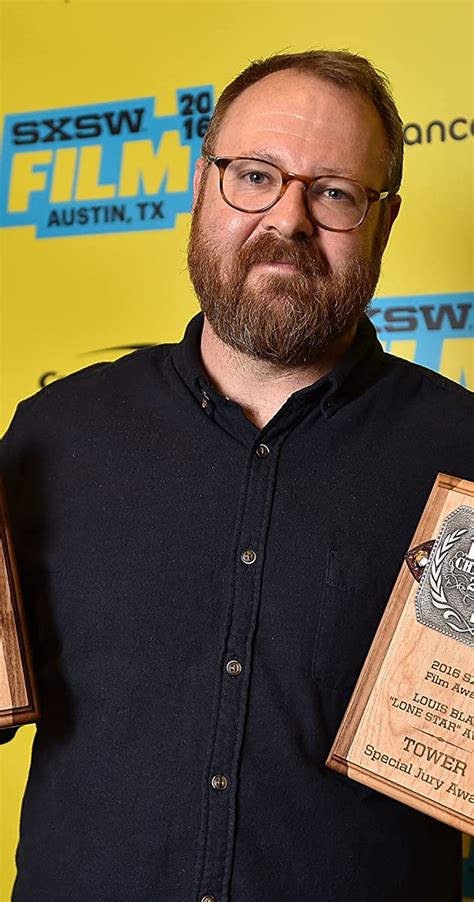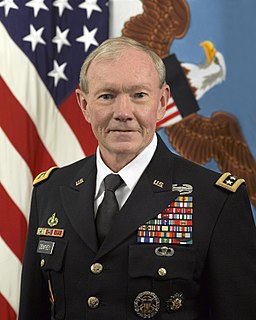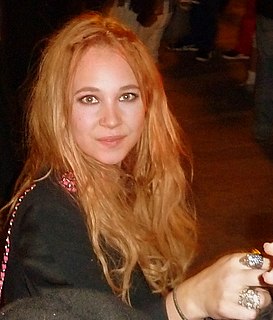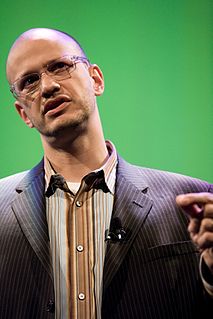A Quote by Jon Ronson
We want to see ourselves as curious and open-minded and smart and understanding things in terms of context and nuance, but when someone tries to do that in the midst of a shaming they're turned on.
Related Quotes
A curious mind does not say to consumers "What do you want?" A curious mind understands context, understands behavior, understands spending and spending patterns - the accumulation of a day's purchases, or spending over a week or a year. A curious mind asks the questions that open up the consumer to talk about her latent dissatisfactions, hopes, wishes, and dreams.
For me it's a dedication to your real interests. It's an ability to be open-minded. Without an open-minded mind, you can never be a great success. The great artists have been open-minded, even though they may seem, like Picasso, to be very directed, you can be directed and open-minded at the same time. I think you have to be really intensely serious about your work, but not so serious that you can't see the lightness that may also involve your life. You have to have that lightness too. You have to not be so heavy-handed and so ostentatious. It's very important not to be.
There are a number of traits that combine to create entrepreneurial potential. We find that openness coordinates very well with successful entrepreneurs. The more open-minded you are, the more you see the world as it actually is. The more closed-minded, the more you see the world as you want it to be.
Human beings are complicated and flawed and unique, but we all have a story to tell. Gone are the days where our lead characters can only look like somebody else. Heroes look like all of us. We see ourselves in each others' stories. We see who we are. We see who we want to be. Sometimes we see who we don't want to be. And through that we have a greater understanding of ourselves and acceptance of each other.
If I like a movie, I'm definitely advocating for it, but it's not "you should see this" or "you shouldn't see this." I try to take a longer view about what the movie is doing and where it fits in the context of other things, in the way that certain good literary criticism tries to do the same thing.
Americans are interested because they are open-minded. They have an education system that teaches them to find out for themselves why things are the way they are. Open-minded people tend to be interested in Buddhism because Buddha urged people to investigate things - he didn't just command them to believe.
My great hope for us as young women is to start being kinder to ourselves so that we can be kinder to each other. To stop shaming ourselves and other people for things we don't know the full story on - whether someone is too fat, too skinny, too short, too tall, too loud, too quiet, too anything. There's a sense that we're all ‘too’ something, and we're all not enough.
Distinguish open-minded people from closed-minded people. Open-minded people seek to learn by asking questions; they realize that what they know is little in relation to what there is to know and recognize that they might be wrong. Closed-minded people always tell you what they know, even if they know hardly anything about the subject being discussed. They are typically made uncomfortable by being around those who know a lot more about a subject, unlike open-minded people who are thrilled by such company.































